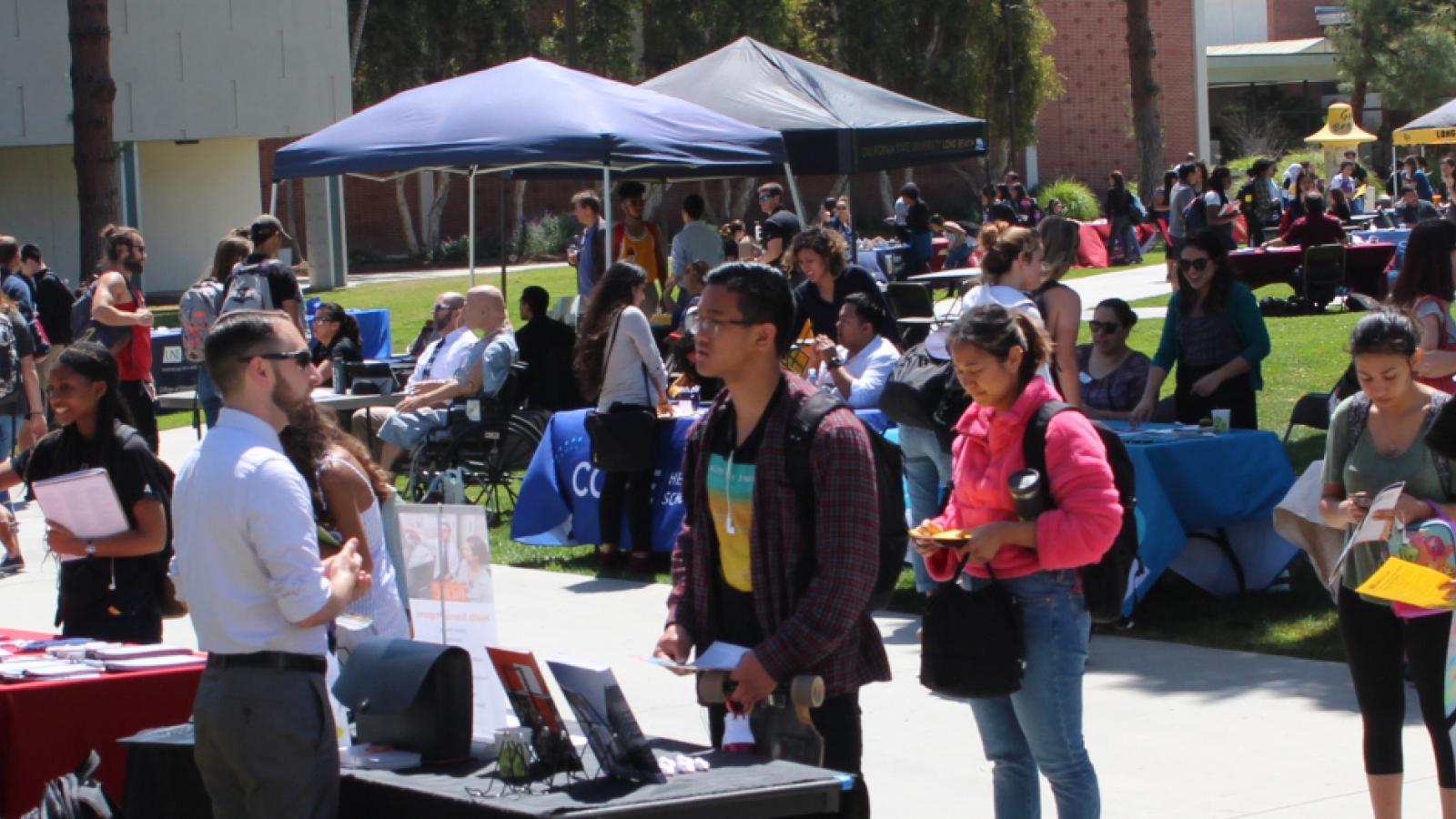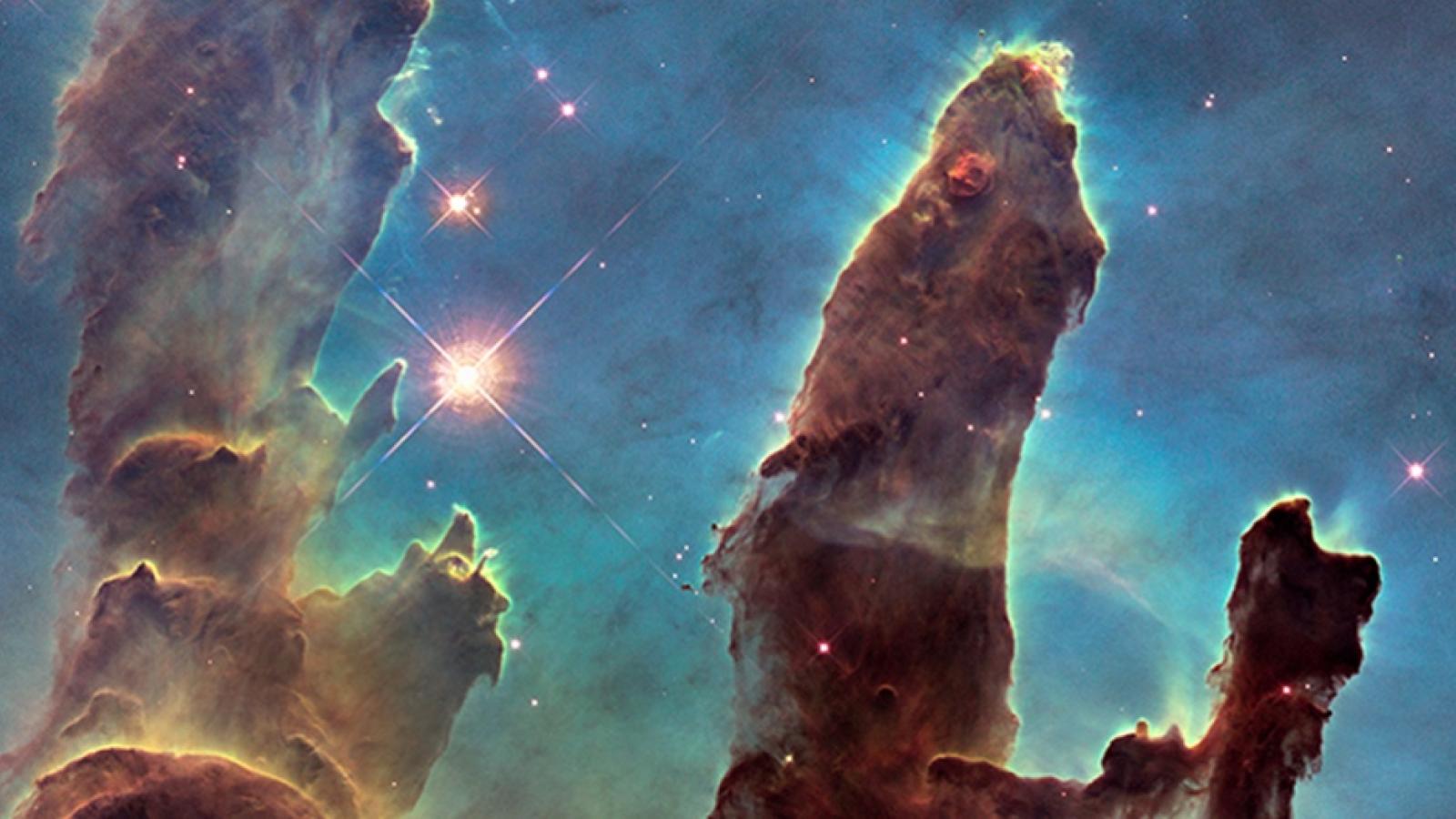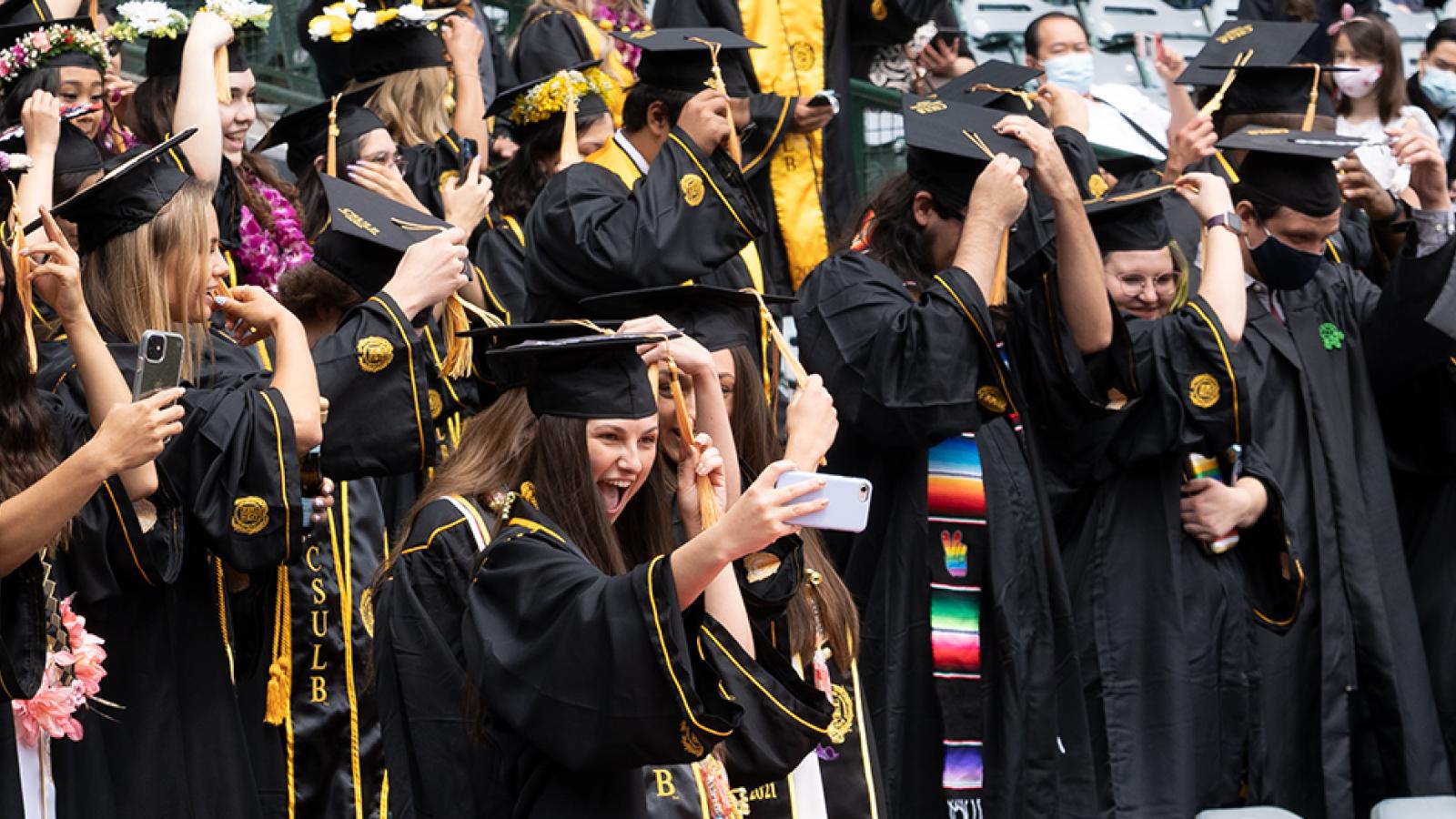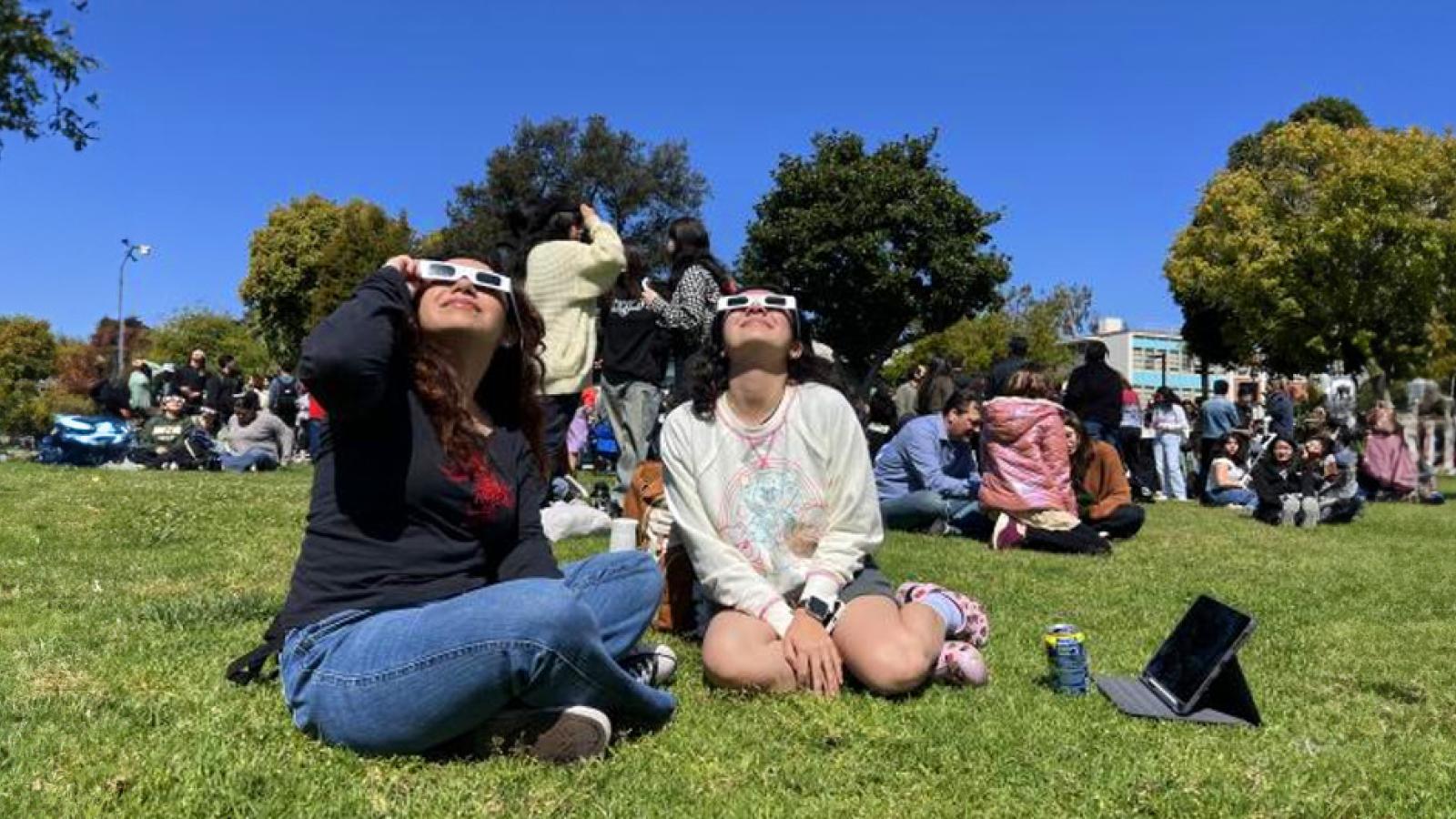This is a carousel with auto-rotating slides. Activate any of the buttons to disable rotation. Use Next and Previous buttons to navigate, or jump to a slide with the slide dots.
Physics and Astronomy
The Department of Physics and Astronomy aims to promote the physical understanding of nature through dedicated research-based teaching, active learning, service, and innovative research at the highest level. Our majors and graduate students collaborate with faculty in experimental and theoretical research and gain hands-on experience with the latest developments in the field, opportunities that prepare them for successful careers in industry and higher education.
Whether you wish to pursue a Ph.D., work in industry, do high-level research at a national laboratory, or develop new software, our tailored Physics M.S. programs can open up new possibilities for your career.

"The physics department at CSULB stands out for its unwavering belief in the potential of its students. The faculty and staff fostered an environment that encouraged me to trust in my abilities as a scientist by providing the mentorship and research opportunities essential to my growth. The lessons I learned have been instrumental in achieving my goals, serving as a testament to the quality and impact of the program."
-Walter Alvarado, M.S. Physics 2017. Walter is currently a Scientist at the Space Biosciences Research Branch, NASA Ames Research Center
- Colloquium - weekly
The Colloquium is a unique opportunity for students to learn about new developments in physics and what physicists do after they graduate. - Nights at the Observatory - weekly
The Physics and Astronomy telescopes are located on the roof of the Hall of Science (HSCI) and are available for use every Tuesday evening during the academic year. - PhysTEC DemoDays - monthly
Teachers from around the area come to CSULB to share some of their best demonstrations.
The following programs are available to CSULB students:
- APS Bridge Program aims at broadening participation in physics graduate education.
- Keck Energy and Materials Research Program (KEMP) is an interdisciplinary materials science degree option.
- Physics Teacher Education Coalition (PhysTEC) addresses the shortage of qualified teachers of physics and physical sciences in the U.S.
- Partnership for Research and Education in Materials (PREM) is dedicated to increasing recruitment, retention, and degree attainment in materials research, and supporting excellent research and education endeavors.
Additional information is available on Special Programs.












